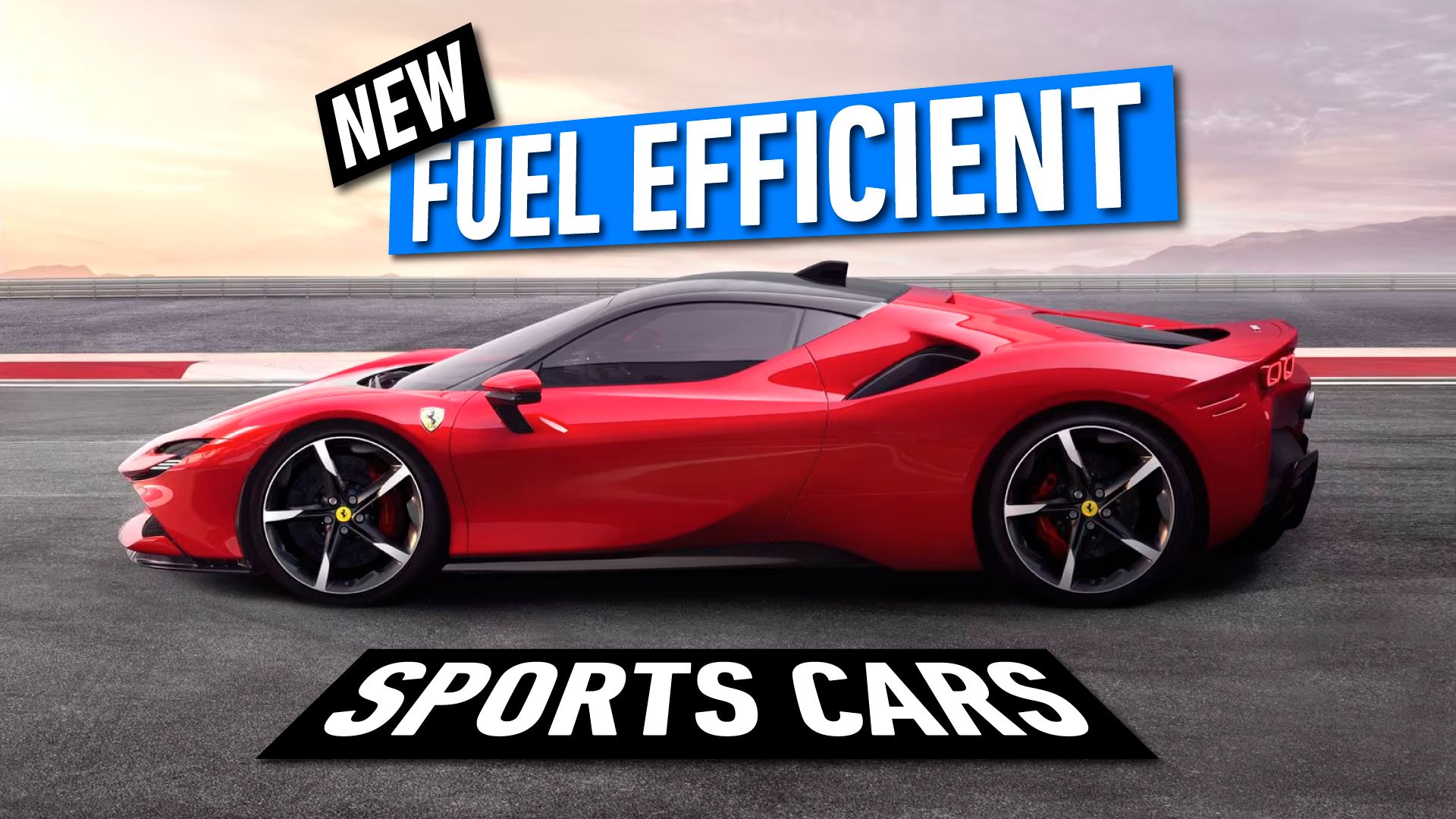AZG News Hub
Your go-to source for the latest news and informative articles.
Driving Green: The Lowdown on Fuel Efficiency
Uncover secret tips for fuel efficiency and drive green! Discover how to save money and go eco-friendly on the road today!
10 Tips for Maximizing Fuel Efficiency in Your Vehicle
Maximizing fuel efficiency in your vehicle is essential for saving money and reducing your carbon footprint. Here are 10 tips to help you achieve better mileage. Firstly, ensure your tires are properly inflated; under-inflated tires can decrease fuel efficiency by up to 3%. Secondly, consider regular maintenance for your vehicle, including oil changes and air filter replacements, as a well-maintained engine runs more efficiently.
Another effective strategy is to minimize excessive idling. If you’re waiting for more than a minute, it’s often more fuel-efficient to turn off your engine. Additionally, try to keep your driving speed consistent and avoid rapid acceleration and braking, which can significantly reduce fuel efficiency. Lastly, remove unnecessary weight from your vehicle and avoid roof racks when not in use, as added weight and drag can lead to increased fuel consumption.

How Driving Habits Impact Fuel Economy: Key Insights
Understanding how driving habits impact fuel economy can lead to significant savings at the pump. Simple adjustments in your driving style, such as avoiding rapid acceleration and maintaining a steady speed, can enhance your vehicle's efficiency. For instance, aggressive driving, which includes rapid starts and sudden stops, can lower your fuel economy by as much as 33% on highways and 5% in city traffic. To improve your driving habits, consider these tips:
- Use cruise control on highways to maintain a constant speed.
- Avoid idling; turn off the engine when parked.
- Minimize excess weight by removing unnecessary items from your vehicle.
Another critical factor in fuel economy is the use of air conditioning and other in-car systems. Running the A/C can increase fuel consumption, particularly in stop-and-go traffic. Research indicates that using air conditioning can reduce your vehicle's fuel efficiency by approximately 20% during high-temperature driving conditions. Instead of relying heavily on air conditioning, consider these alternatives:
- Use the vehicle's ventilation system to keep cool.
- Park in the shade or use sunshades to reduce cabin temperature.
- Open windows at lower speeds to allow fresh air circulation.
The Future of Eco-Friendly Vehicles: What You Need to Know
The future of eco-friendly vehicles is brighter than ever, with innovative technologies paving the way for a more sustainable transportation landscape. As consumers become increasingly aware of their environmental impact, the demand for eco-friendly vehicles continues to rise. Electric vehicles (EVs) and hybrid models are leading the charge, offering substantial reductions in greenhouse gas emissions and fuel consumption. Major automakers are committing to electrification, with many planning to transition nearly their entire fleets to electric by the end of the decade. By embracing renewable energy sources and optimizing battery technology, these vehicles are set to play a crucial role in combating climate change.
Moreover, the evolution of eco-friendly vehicles is not just limited to passenger cars. Eco-friendly vehicles also encompass buses, trucks, and two-wheelers, with advancements in hydrogen fuel cell technology and biofuels expanding the market. As governments implement stricter emissions regulations and invest in charging infrastructure, consumers will have more options than ever before. The integration of smart technology and AI in vehicles will enhance energy efficiency and user experience, thus creating a win-win situation for both the environment and drivers. Embracing this transition not only benefits the planet but also aligns with future mobility trends that prioritize sustainability and innovation.